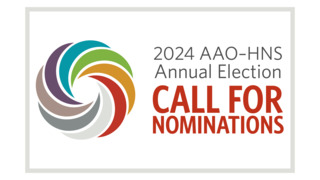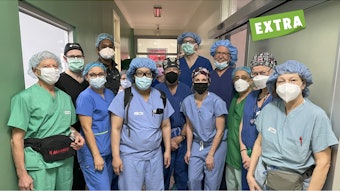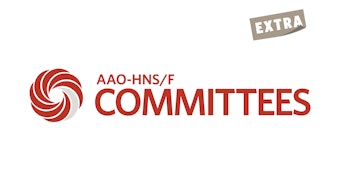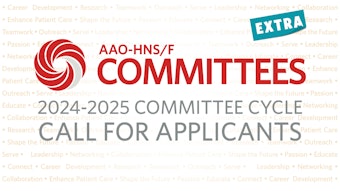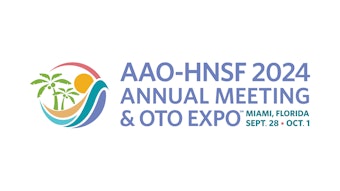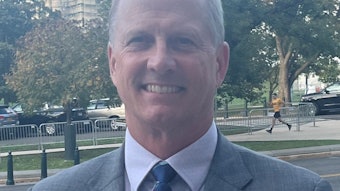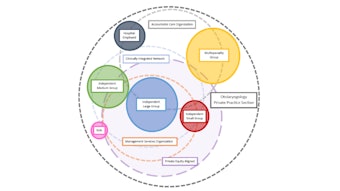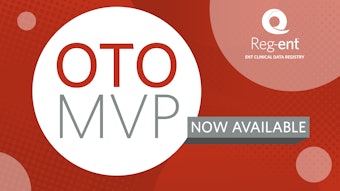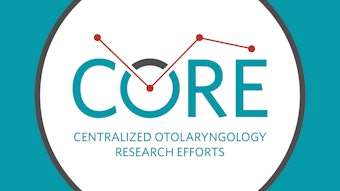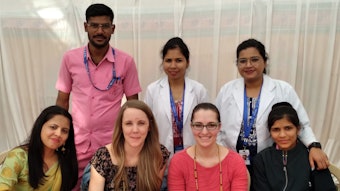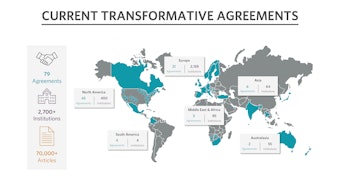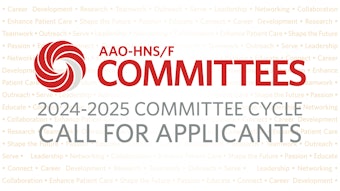Collaborative Coalitions: The Key to a Successful Healthcare Delivery System
Improving access, affordability, and outcomes for our citizens demands a unified medical community providing workable, integrated solutions to the many problems we face.
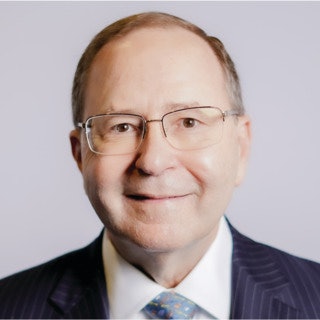 James C. Denneny III, MD
James C. Denneny III, MD
AAO-HNS/F Executive Vice President and CEO
During times of disarray, extreme partisanship, economic and political uncertainty, and disproportionate and expanding influence wielded by certain component participants in the healthcare delivery system, any chance of improving access, affordability, and outcomes for our citizens demands a unified medical community providing workable, integrated solutions to the many problems we face. Policymakers on both the legislative and regulatory side are anxious to have practical and effective solutions put before them and not just complaints. Potential solutions are invaluable to informing the debates that will be taking place out of necessity in the next three-to-five years as they take a deep look into Medicare as well as the private insurance market as they try to craft a workable national policy that provides truly equitable care for all.
It is also important to select the most relevant issues and positions to address based on the value of a positive outcome and the likelihood of achieving this desired outcome through a thorough, in-depth, objective, and realistic assessment of a problem that includes the strength of the proposed solution. This concept sounds so simple, driven by a commonsense approach, yet it has been all but impossible to execute.
Practical decision making can be defined as common sense that allows individuals to make realistic and effective decisions based on their understanding of the world. It helps in evaluating situations, identifying potential risks and benefits, and choosing an appropriate course of action. Despite the U.S. already spending around 18% of the gross domestic product (GDP), some members of the healthcare industry continue to successfully lobby for increasing their fiefdom and sphere of influence at the expense of and detriment to the success of the overall system—and at a cost that is unsustainable while failing to meet the needs of the public.
I am sure that otolaryngologists as well as the entire house of medicine have had enough of the year end groveling to achieve “break even status” for the following year’s Medicare fee schedule. I know that I have. There is a great deal of effort and expense put forward in this yearly ritual even though we are well aware that years of “breaking even” has resulted in significant pay cuts through inflation and additional practice expense for all physicians. It is important for our members to realize that while we are participating this perfunctory yearly activity, we have been and continue to also aggressively pursue legislative and regulatory relief through our written comments to the Medicare Physician Fee Schedule and direct congressional lobbying to level the playing field for physicians to achieve funding that would at least keep up with inflation. We will continue pursuing long-term solutions as well as the acute patches as needed.
Creation of a healthcare delivery system that will provide high-quality care for all patients who need it can only be attained through collaborative coalitions broadly representing physicians and other key healthcare providers who can put aside their differences and unite behind a negotiated plan that will inform us on how to provide the “best care.” This can occur only if these groups stop cannibalizing each other for their own benefit. A successful healthcare delivery system will benefit all involved, particularly the patients.
Prior to entering into arrangements with other entities with similar goals and strategies, it is absolutely essential that our own organization is aligned and committed to working together within the organization as well as with the specialty organizations comprising otolaryngology to implement the shared goals and principles that exist for that coalition. The optimal situation for success involves a committed elected leadership who actively promote our vision to the membership and encourage their active participation. The damage done can be irreparable when “behind-the-scenes” efforts are not consistent with the organization’s positions and limit our value as a desired partner as well as undermine future advocacy efforts. The Academy is fortunate to have Douglas D. Backous, MD, as our President this year. His commitment to advocacy of all types has already proven to be of immense value in the legislative arena as well as inspiring a greater commitment from our membership.
The Academy governance structure is dependent on electing competent individuals who are willing to commit the time and effort necessary to set the right course through a strategic planning process and then accepting and promoting the organization’s vision and goals to the membership. The Nominating Committee’s function is to identify and select the best candidates for each elected position each year.
I would ask all of our members to participate with the Nominating Committee and help them identify the outstanding candidates who will assure the specialty moves forward in the right direction. That would include encouraging your colleagues to consider elected office and asking them to submit their names to the committee or apply online as a candidate for the position they are interested in. Name alone does not guarantee success, the organization will thrive with those who will expend the time and energy to lead by example at the helm.
